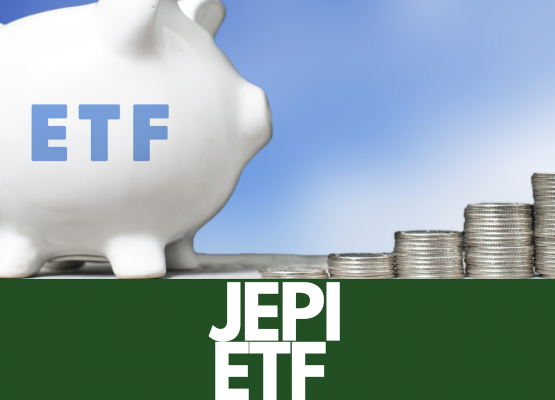Index funds are a type of investment fund that tracks a specific market index, such as the S&P 500 or the NASDAQ. Instead of attempting to pick individual stocks to outperform the market, index funds seek to replicate the performance of a particular index, by holding all the securities that make up the index, in the same proportions as they are represented in the index.
Index funds are a passive form of investing, as they aim to achieve returns that are similar to the overall performance of the market, rather than trying to beat the market through active management. They are often considered a low-cost, diversified investment option, as they typically have low expense ratios and provide exposure to a broad range of stocks within the index they track.
Index funds can typically be bought and sold like any other mutual fund and/or exchange-traded fund (ETF), making them easily accessible to individual investors. They are also available in a variety of different types and asset classes, including stocks, bonds, and real estate.
Most common Index Funds
The most common market index used for index funds is the S&P 500, which is a market capitalization-weighted index of 500 large-cap US companies. The S&P 500 is widely regarded as a benchmark for the overall performance of the U.S. stock market, and is used as a general barometer of the economy by investors, analysts, and policymakers.
Other popular market indices used for index funds include the Dow Jones Industrial Average (DJIA), the NASDAQ Composite, and the Russell 2000. These indices cover different segments of the stock market, including large-cap or small-cap stocks, and can provide exposure to different industries and sectors. Investors can choose the index fund that best aligns with their investment goals and risk tolerance. For a list of 5 low cost, well-diversified index funds that give you exposure to the U.S. stock market, click here!
Online Brokers and Index Funds
Index funds can be purchased through a discount broker online. Many online brokers offer a wide range of index funds that investors can buy and sell through their online trading platforms. Online brokers typically offer a variety of investment options, including stocks, bonds, ETFs, and mutual funds, including index funds.
To purchase index funds through an online broker, investors typically need to open an account with the broker and fund it with cash or securities. They can then search for and select the index fund they want to invest in, and place an order to buy shares of the fund. Online brokers may charge a commission or fee for buying or selling index funds, although many now offer commission-free trading.
Investors should research and compare online brokers to find the one that best fits their needs, and additionally offers the index funds they are interested in. It’s also important to consider the broker’s fees, trading platform, customer service, and other factors when choosing an online broker to invest in index funds.
Risks to Consider with Index Funds
While index funds are generally considered to be a low-cost, diversified investment option, there are still some risks that you should be aware of. Some of the main risks to consider as an index fund investor include:
- Market Risk: Because index funds track the performance of a market index, they are subject to the same market risks as the index. This means that if the overall market experiences a downturn, the value of the index fund may also decline.
- Concentration Risk: While index funds provide diversification by holding a large number of stocks, they may still have concentration risk if a few stocks make up a large percentage of the index. This means that if one or a few stocks experience a significant decline, it may potentially have a large impact on the value of the index fund.
- Tracking Errors: Index funds seek to replicate the performance of a specific index, but may not be able to do so perfectly. Factors including fees, expenses, and trading costs can lead to small differences between the performance of the index and the actual index fund itself, which are also known as tracking errors.
- Liquidity Risk: Some index funds, particularly those that track less liquid or less traded indices, may be subject to liquidity risk. This means that it may be difficult to buy or sell shares of the index fund at a reasonable price, if there are not enough buyers or sellers in the market.
- Interest Rate Risk: Index funds that hold fixed-income securities, such as bond index funds, may be subject to interest rate risk. If interest rates rise, for example, the value of the bonds held by the index fund may decline, leading to a decline in the value of the index fund.
It’s important for you to carefully consider these risks, along with your own investment goals & risk tolerance, before investing in index funds or any other investment vehicle.
Summary
In summary, index funds are a type of investment fund that seeks to replicate the performance of a specific market index, such as the S&P 500 or NASDAQ. They are a passive investment choice that provides broad exposure to the stock market, typically with low expense ratios and minimal turnover.
Index funds can be bought and sold through online brokers, making them accessible to individual investors. The most common market index used for index funds is the S&P 500, but there are many other indices available, which cover different segments of the market. When selecting index funds, it’s important to consider factors such as fees, diversification, and asset allocation, to find the fund(s) that may best align with your goals and risk tolerance.




